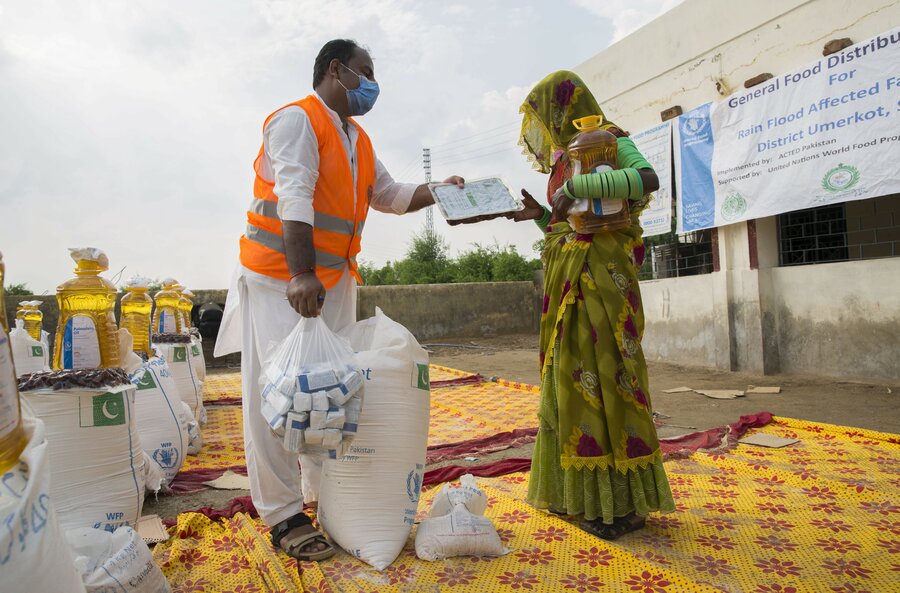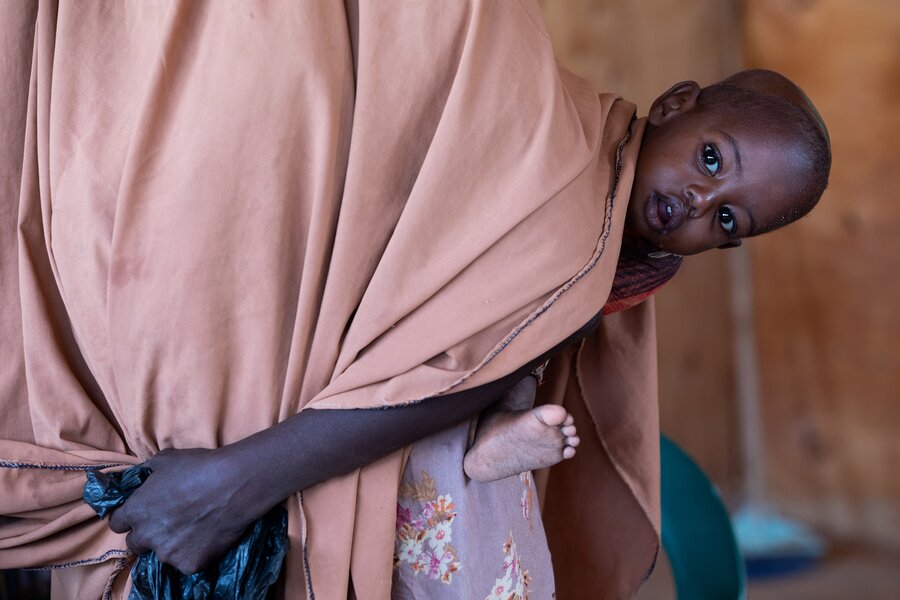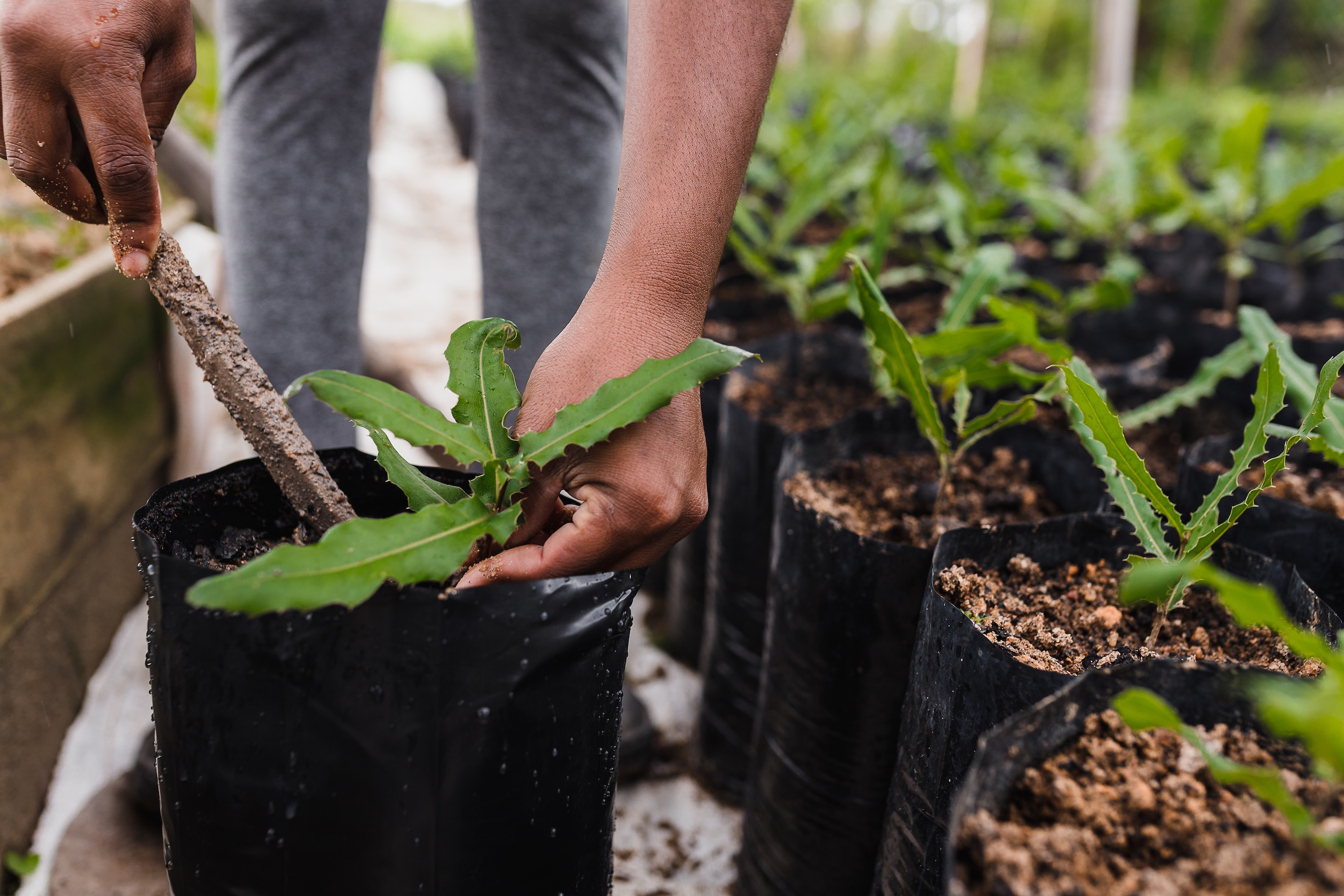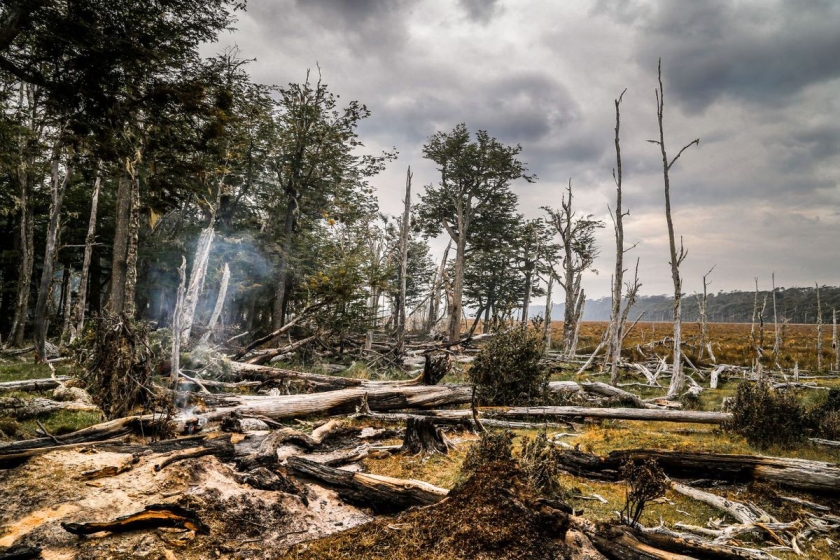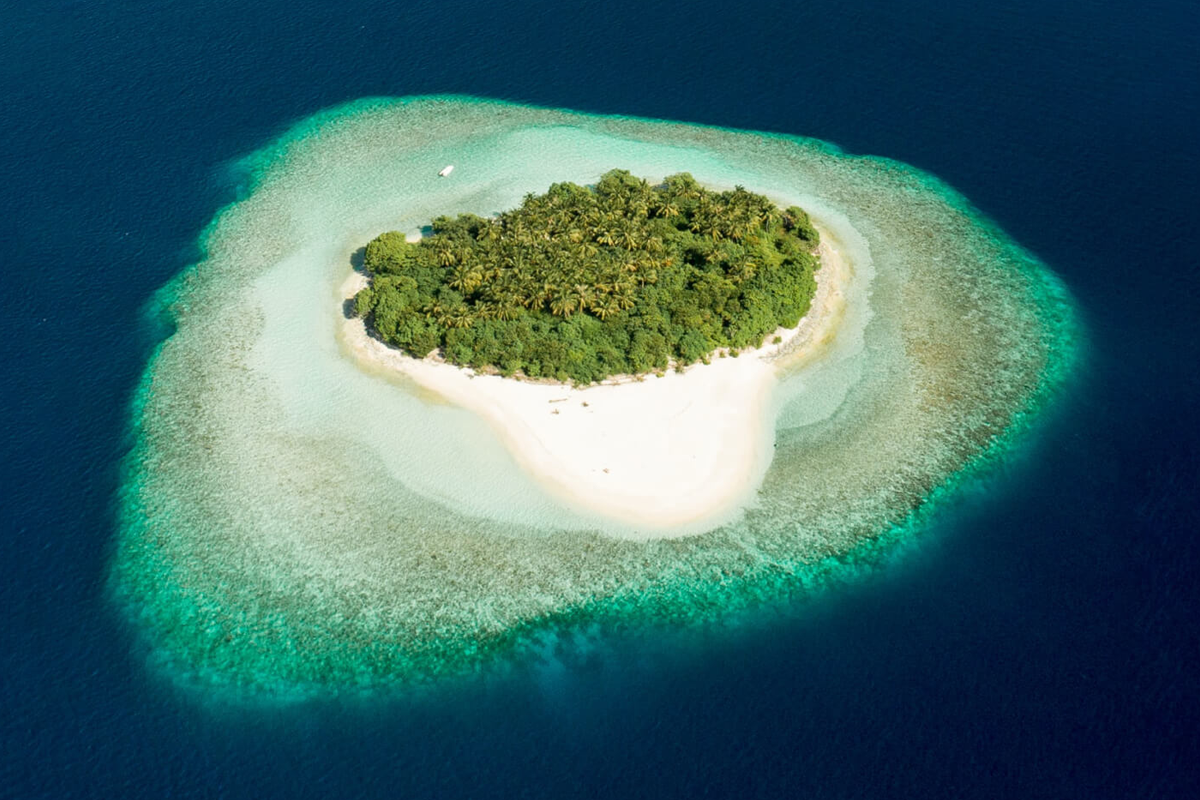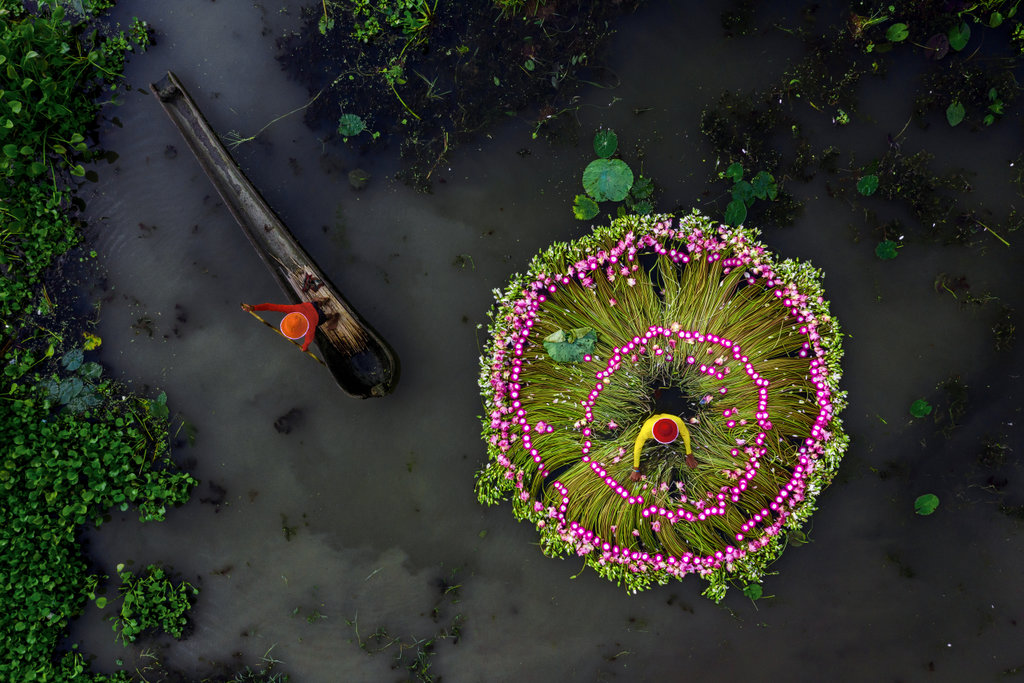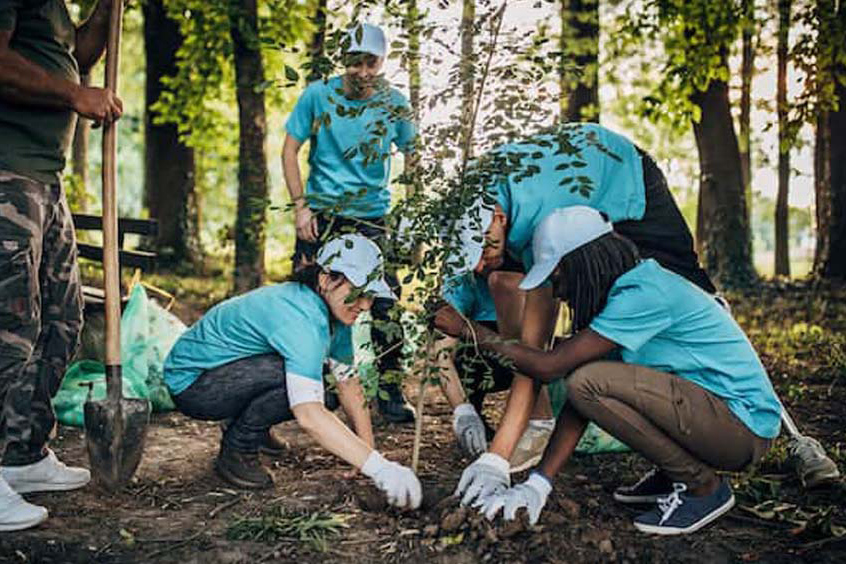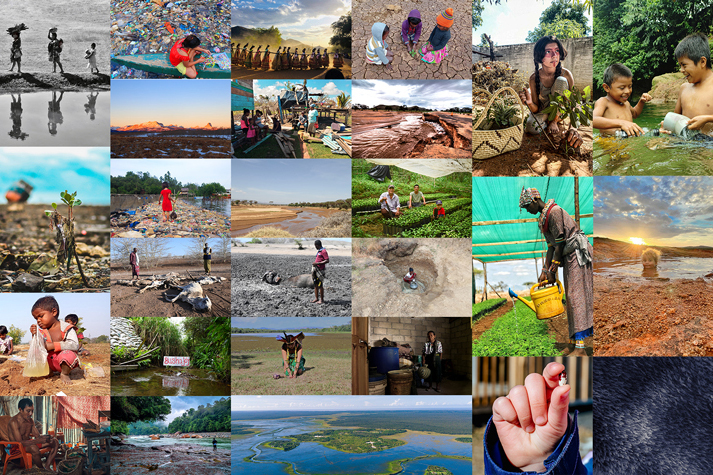The World Food Programme (WFP) is rapidly expanding its food assistance support in Pakistan as the Government takes stock of floods which have killed nearly 1,000 people and displaced 33 million.
Through its National Disaster Management Authority, the Government – which has declared a national emergency – is leading the response in coordinating assessments and directing humanitarian relief to flood-affected people. For their part, UN agencies such as WFP are providing “augmented information, together with the Government, to ensure … we have greater verification of exactly who should avail themselves of that cash”. Read the full article.

